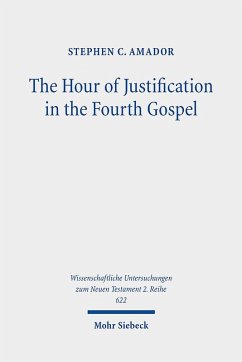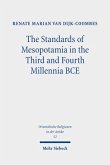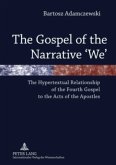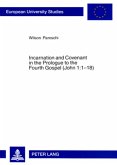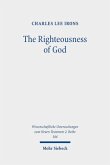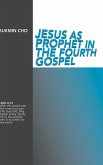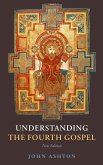Ever since Théo Preis' essay in the 1946 Karl Barth Festschrift, the Fourth Gospel's cosmic trial concept has proved elusive. Stephen C. Amador demonstrates that John makes the issue of righteous judgment the central focus of his gospel. Jesus is portrayed in the Johannine Hour of Justification to be all that he claims. John's goal is to revise trial verdicts against Jesus. He makes creative use of Isaiah prophesies (especially Isa 11 and 53) and borrows heavily from synoptic passion week and trial narratives. John wishes to demonstrate that Jesus is vindicated regarding his claims as the Sent One of his Father and is therefore the Christ. Jesus is glorified and thereby juridically justified by his Father before the heavenly tribunal. The trial Jesus carries out amid being tried himself is continued by the Spirit-Paraclete on behalf of the messianic, justified King of Israel in the aftermath of Jesus' departure and resurrection.

